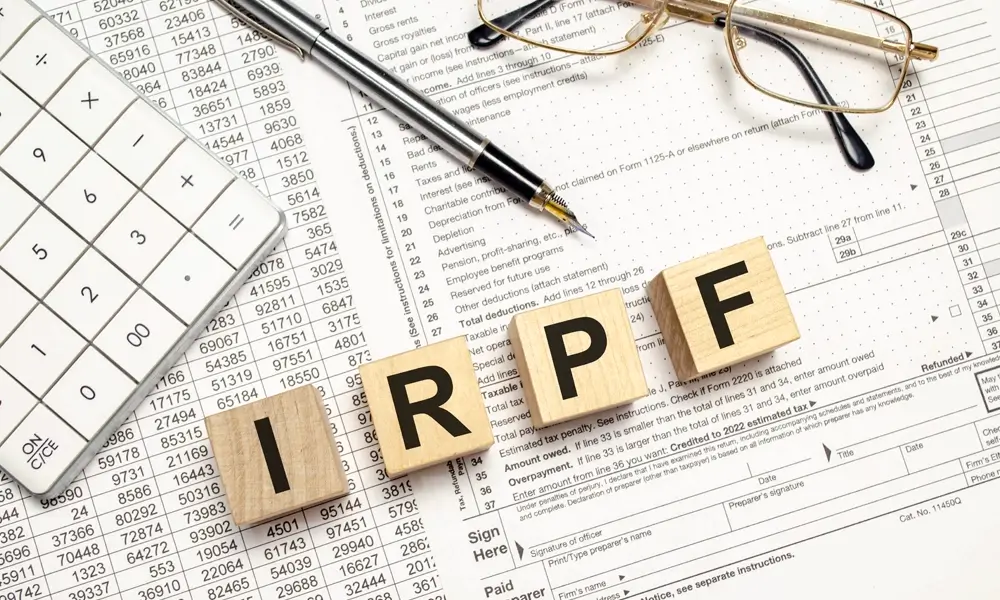A career in auditing is a challenging career, but it can also be very rewarding. Auditors are responsible for analyzing the financial statements of companies to ensure that they comply with applicable accounting standards and regulations. They also help companies improve their internal processes and controls to reduce risks and improve operational efficiency.
To be a good auditing professional, it's important to have a solid understanding of accounting, finance, and applicable regulations. In addition, it is necessary to have strong analytical skills, communication skills and teamwork. Research shows that auditing professionals have a promising career and can achieve great success. A study by the Association of Chartered Certified Accountants (ACCA) found that auditing is the third highest-paying career in the accounting and finance sector.
In addition, auditing professionals are highly sought after by companies around the world. To draw up a professional plan that benefits both auditing professionals and companies, it is important to consider some important steps, such as obtaining the necessary certifications. Auditing professionals must seek recognized certifications to ensure that they have the necessary career skills and knowledge, in addition to seeking specialization opportunities in specific areas, such as internal auditing, government auditing, forensic auditing, among others, to become an expert in a certain field of work.
Experience is also crucial for auditing professionals. It is important to seek internship and employment opportunities in auditing or accounting firms to gain practical experience, in addition to developing analytical and communication skills to interpret and communicate complex financial information in a clear and understandable manner.
It is also important for the auditing professional to keep up to date with changes in accounting standards and applicable regulations and to improve technical skills to adapt to new market demands. Auditing professionals who want to advance their careers must also develop leadership skills to lead auditing projects and teams.
Companies, on the other hand, gain many benefits by having qualified auditing professionals on their teams. Among them, ensuring regulatory compliance, that is, complying with accounting standards and applicable regulations, helping to avoid fines and penalties.
Identifying risks and improving operational efficiency is also among the benefits brought by auditing professionals, who help companies identify and assess financial and operational risks, suggesting preventive and corrective measures to reduce those risks. Operationally, they can identify inefficient processes and help the company implement changes to improve operational efficiency, increasing productivity and reducing costs.
Auditing professionals help increase the transparency of financial information, improving the confidence of investors, creditors, and others stakeholders in the company, they identify opportunities for growth and help protect the company's reputation, identifying possible fraud and corruption.
A career in auditing is promising and can be rewarding for those who have the necessary skills and knowledge. Having auditing professionals is essential to ensure the integrity of financial information and for the long-term success of the company.





